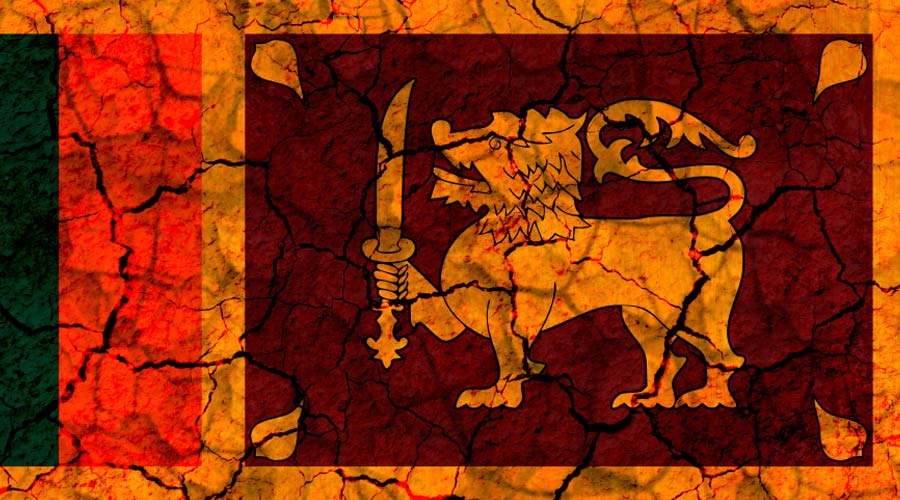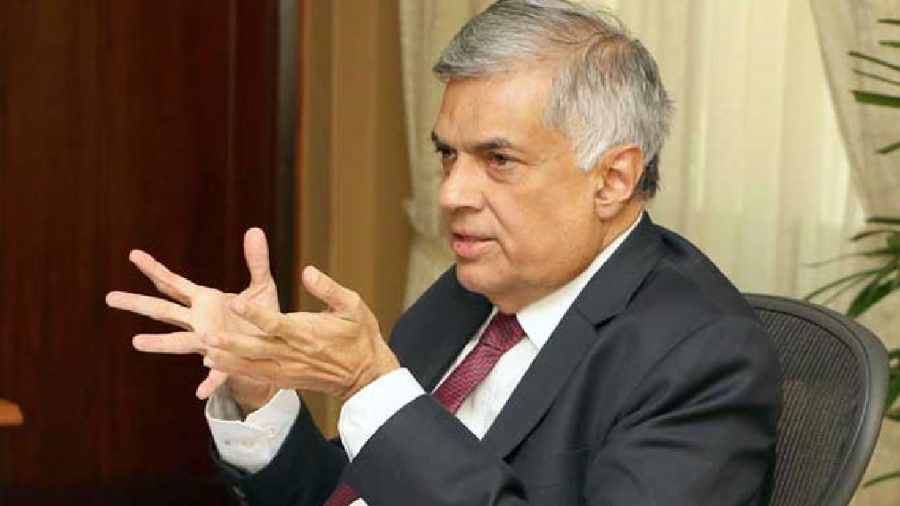Sri Lanka's inflation decreased from 69.8 per cent in September to 66 per cent in October, the government said on Monday, the first such decline in a year after shortages of food and fuel eased in the crisis-hit island nation.
Sri Lanka has been struggling with inflation for nearly a year, mainly triggered by its worst economic crisis since gaining independence in 1948.
"The overall rate of inflation as measured by the Colombo Consumer Price Index (CCPI) on a year-on-year basis is 66 per cent in October 2022 and year-on-year inflation calculated for the month of September was 69.8 per cent," the government statistics office said in a release.
There was a 0.9 index point decrease in the CCPI for all items in October, it added.Hyperinflation with shortages of essentials and fuel led to street riots which triggered political changes at the top, including the resignation of president Gotabaya Rajapaksa in early July.
He returned to Colombo in September after a new government was formed under President Ranil Wickremesinghe and the anti-government protests subsided.
The country has announced its first-ever international debt default due to the forex crisis and has engaged the IMF for a bail-out package. Although a staff-level agreement has been reached at the end of August for a USD 2.9 billion facility over 4 years, the process has now been slowed down due to the need to restructure debt.
Addressing a gathering here today, President Wickremesinghe expressed hope that the debt restructuring process could be complete by mid-November.
"We will be in an advantageous position if we can go to the IMF by mid-December. If not, we should aim to obtain the IMF facility by January".
Sri Lanka is also facing a food shortage, the experts warn due to a policy decision made in 2021 to ban the use of essential chemical fertilisers and pesticides.
This had "resulted in a major collapse in overall agriculture productivity, resulting in shockwaves of food shortages, exorbitant price hikes leading towards partial starvation," according to a seminar held last week.
The impact of the fertiliser ban had exceeded 67 per cent while reduction of average yield had been recorded at 54 per cent.
In mid-April, Sri Lanka declared its international debt default due to the forex crisis. The country owes USD 51 billion in foreign debt, of which USD 28 billion must be paid by 2027.
As per the latest World Bank assessment, Sri Lanka ranks 5th in the highest food price inflation in the world. It is ranked behind Zimbabwe, Venezuela, and Turkey, while Lebanon leads the list.
The country of 22 million people has been battling shortages of essentials, including fuel, food and medicines, for months after its foreign exchange reserves dropped to record lows, stalling imports and stoking unprecedented public unrest.











